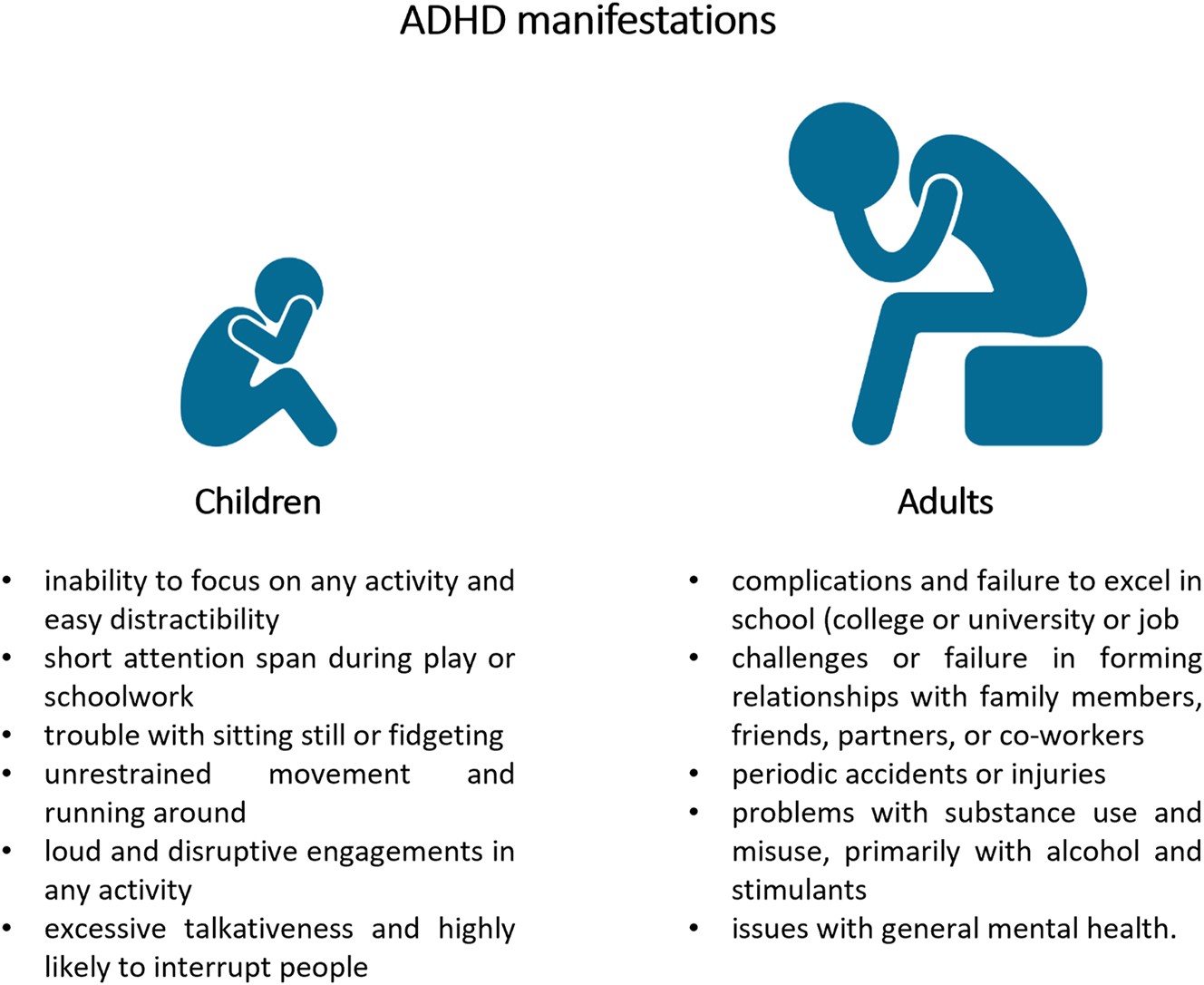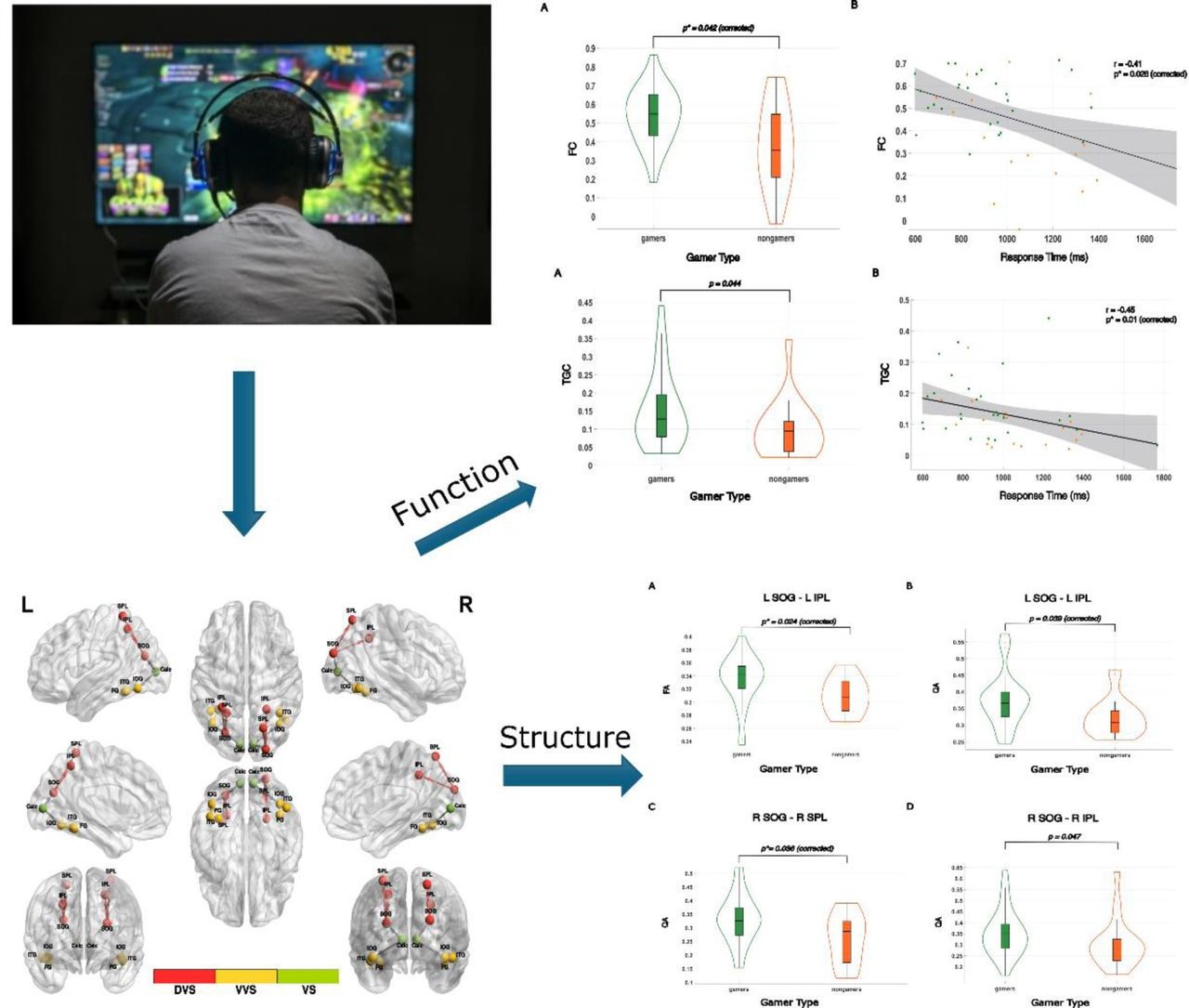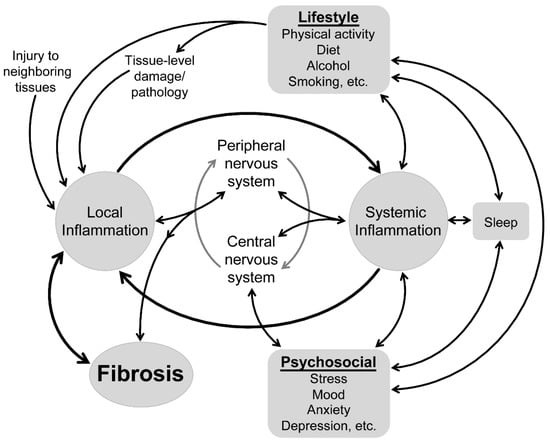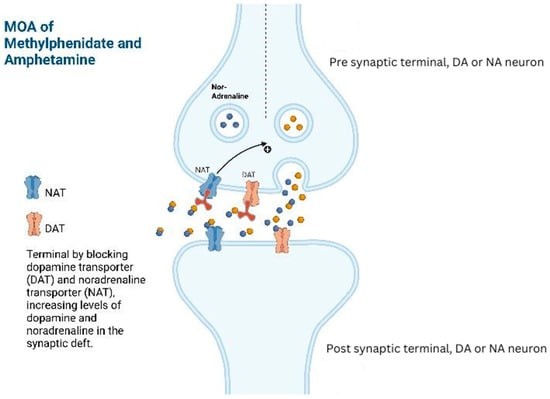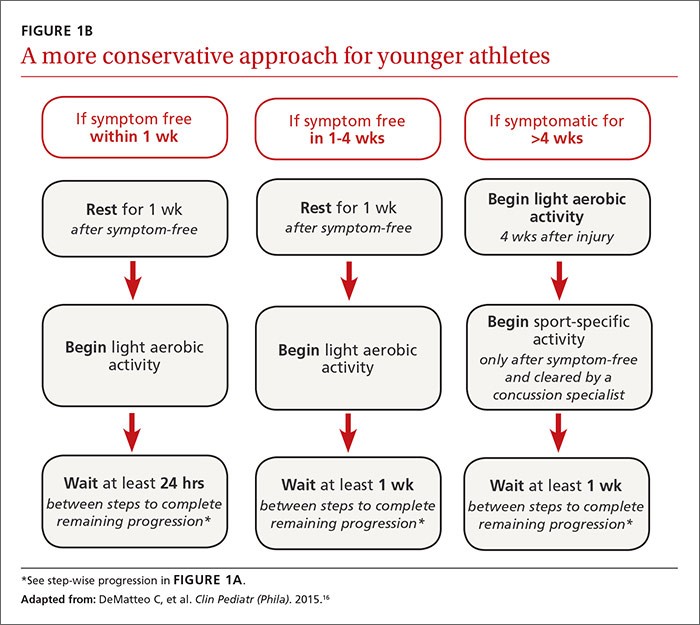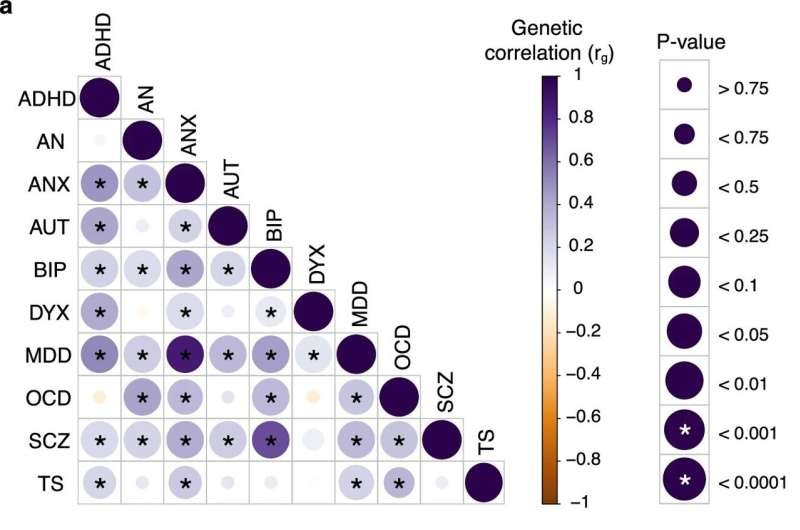ADHD Linked to More Frequent and Less Positive Spontaneous Memories in Daily Life
New research reveals individuals with ADHD symptoms experience nearly twice as many spontaneous memories compared to those without, with these recollections being notably less positive. The groundbreaking study combined laboratory testing with real-world diary tracking to understand how memory patterns differ in people with attentional challenges.
Action Gaming Rewires Brain's Visual Processing Networks
New research reveals that action gamers develop enhanced brain connections for processing visual information, particularly in regions handling spatial awareness and movement. The study found stronger neural pathways in gamers' dorsal visual streams, potentially explaining their superior performance in visual decision-making tasks.
Infants Show Remarkable Self-Awareness: Three-Month-Olds Can Detect Their Own Heartbeat
Groundbreaking research reveals that babies as young as three months can perceive their own heartbeat, challenging previous assumptions about early human development. Using innovative eye-tracking technology, researchers discovered infants pay more attention to animations synchronized with their internal body rhythms.
Music as Medicine: How ADHD Adults Use Background Tunes Differently
A groundbreaking study reveals distinct patterns in how young adults with ADHD utilize background music compared to neurotypical peers during daily activities. Research shows ADHD individuals strategically use stimulating music to optimize focus and performance, opening new possibilities for non-pharmaceutical symptom management.
Inflammation Link Discovered in Treatment-Resistant Depression: New Hope for Patients
Groundbreaking research from the University of Queensland reveals how inflammation and metabolic dysfunction may impair dopamine production in treatment-resistant depression. The findings suggest potential new treatment approaches and the development of blood tests to predict antidepressant response.
Limited Memory Benefits Found in ADHD Medication Study of Healthy Adults
New research challenges claims about cognitive enhancement from ADHD drugs, finding that low doses of methylphenidate only modestly improved numeric memory in healthy adults. The Swinburne University study reveals no broad cognitive benefits, raising concerns about the medication's widespread use as a 'smart drug'.
Early Concussions Cast Long Shadow Over Academic Future, Finnish Study Finds
Research from the University of Tampere reveals children with mild concussions are 15% less likely to pursue higher education compared to those with non-head injuries. The groundbreaking study of 24,000 patients demonstrates how early brain trauma can have lasting effects on educational achievement well into adulthood.
Genetic Study Reveals Shared Origins of ADHD and Learning Disorders
Dutch researchers analyzing data from 19,000 twins have discovered common genetic foundations linking ADHD, dyslexia, and dyscalculia. The groundbreaking findings explain why these conditions frequently co-occur and suggest the need for targeted interventions rather than assuming one condition causes another.
Brain and AI Speak the Same Language: New Study Reveals Striking Similarities in Neural Processing
Groundbreaking research by Google and leading universities uncovers remarkable parallels between how Large Language Models and human brains process language. The study demonstrates linear alignment between neural activity patterns and AI embeddings during speech comprehension and production.
Age Impacts How Children with Social Anxiety Process Mistakes, Study Finds
New research reveals younger children with social anxiety struggle more to refocus after making mistakes compared to older children with the same condition. The study of 214 children shows this deficit diminishes around ages 11-13, suggesting developmental changes help overcome initial processing challenges.
